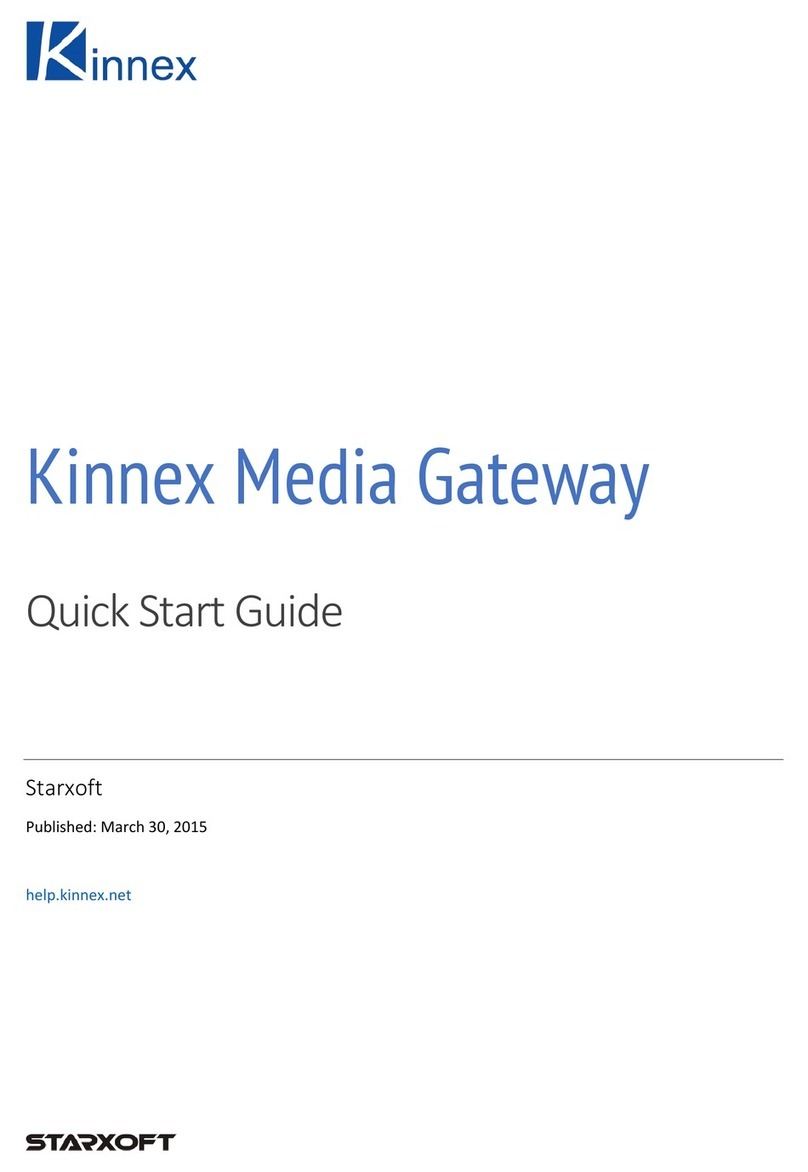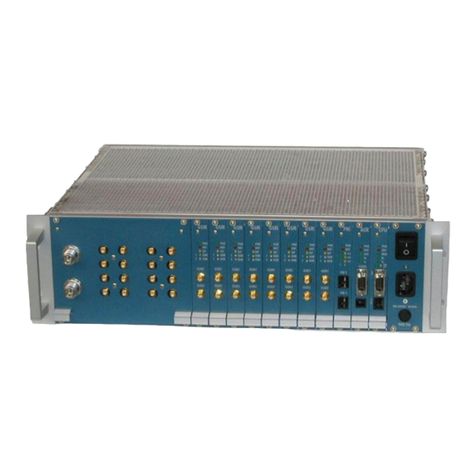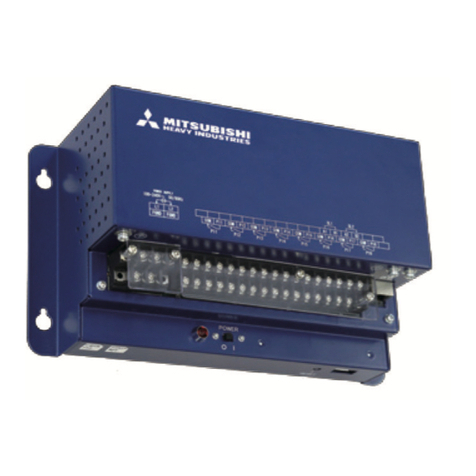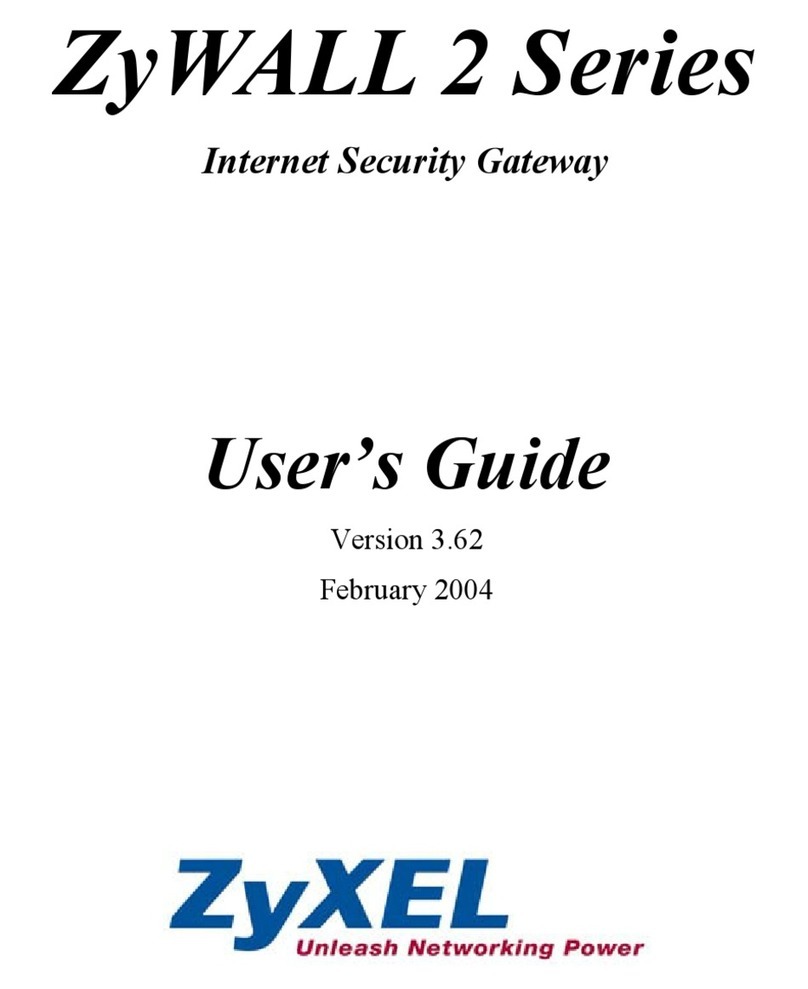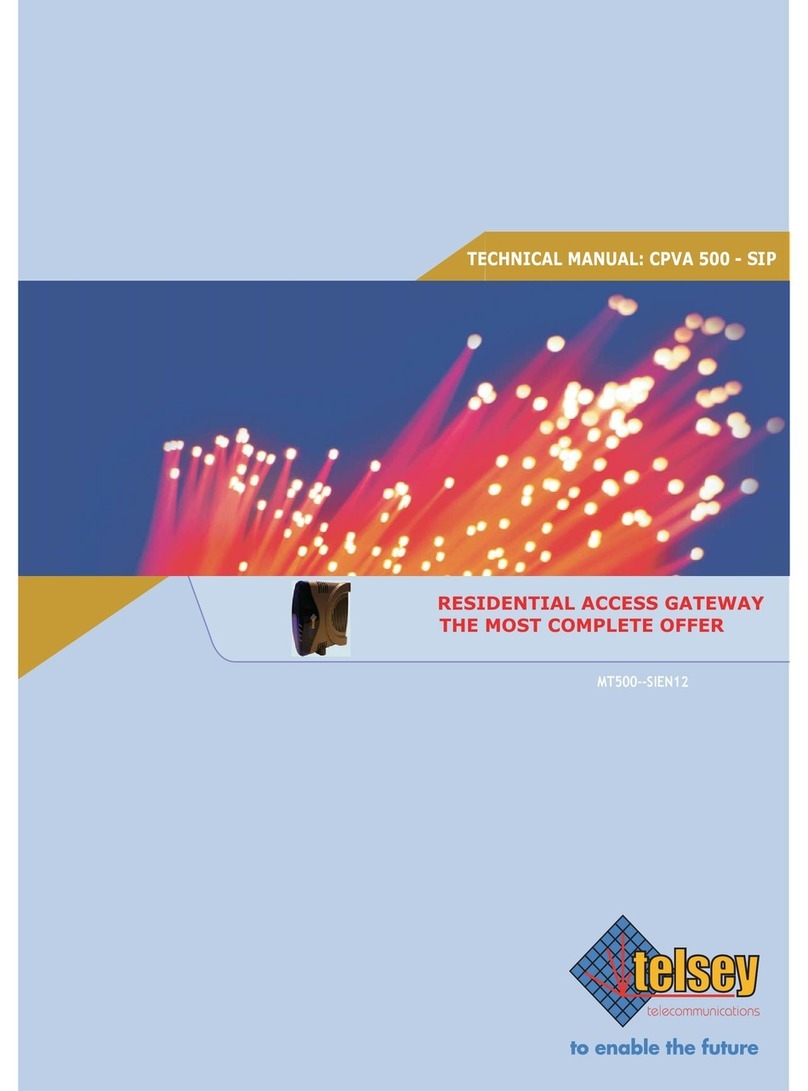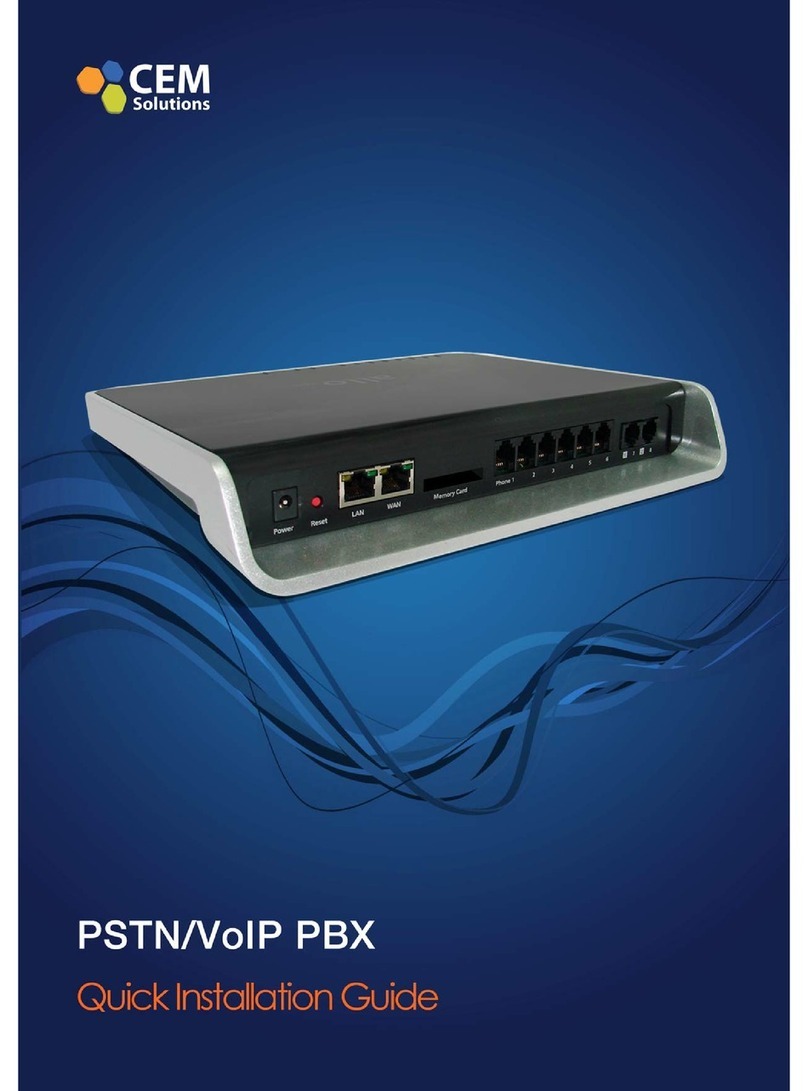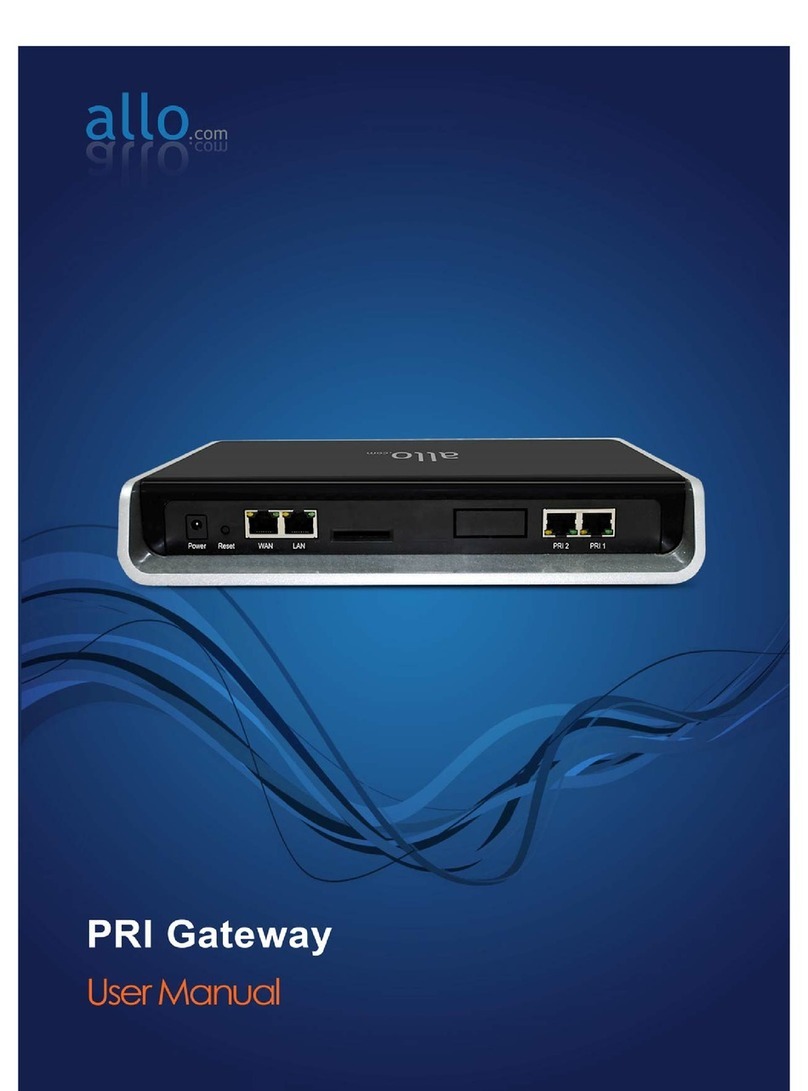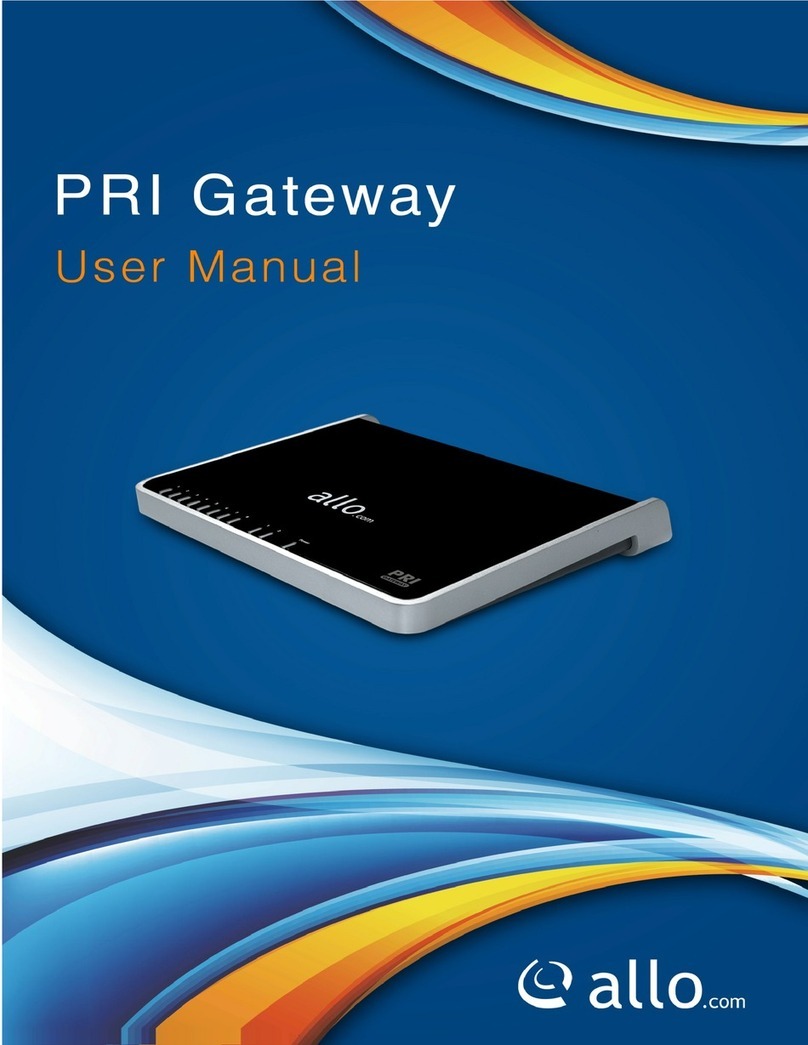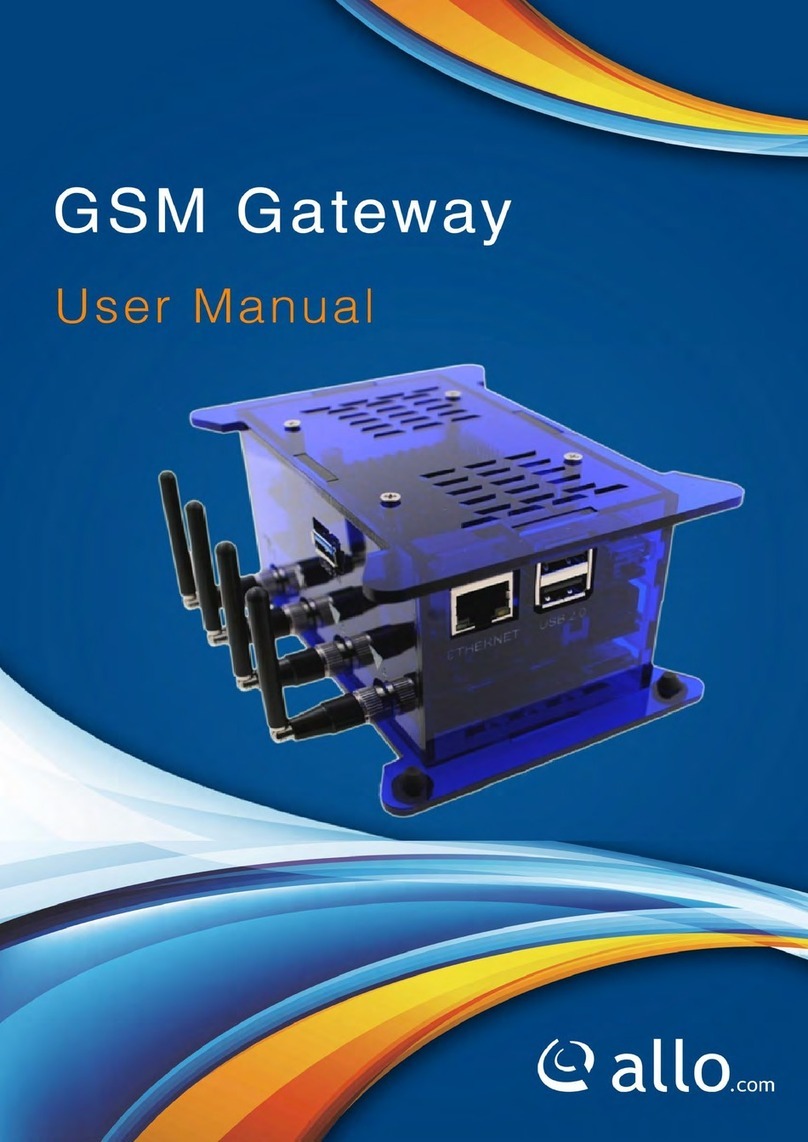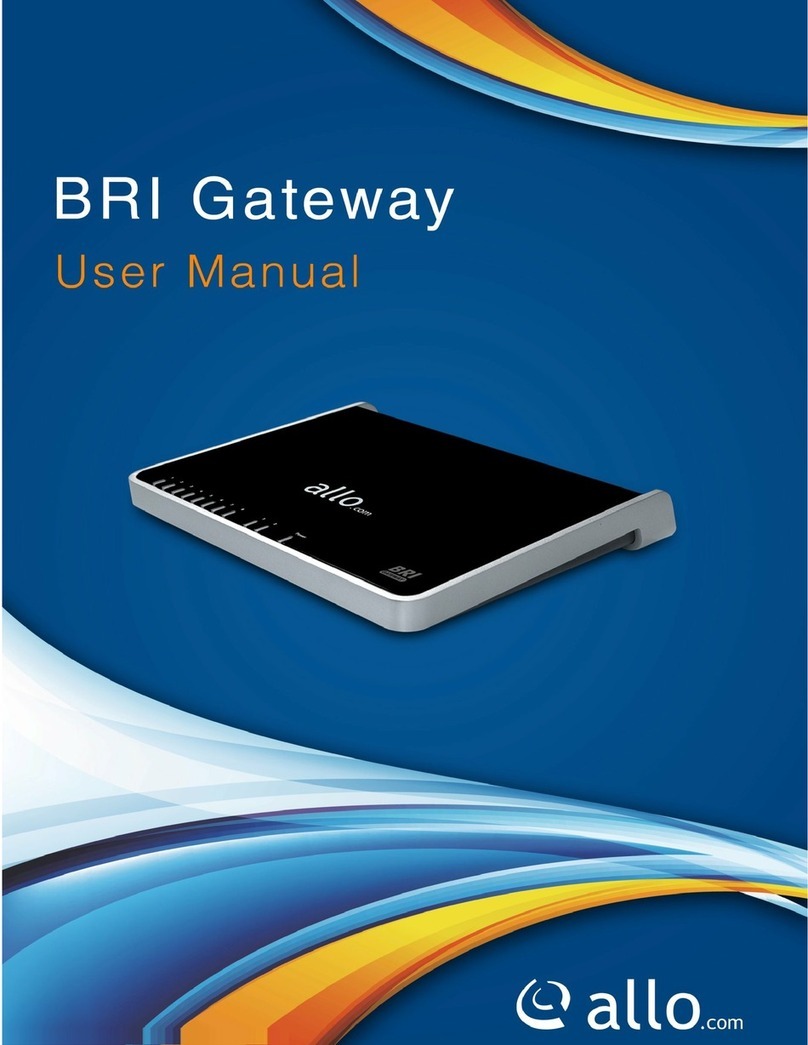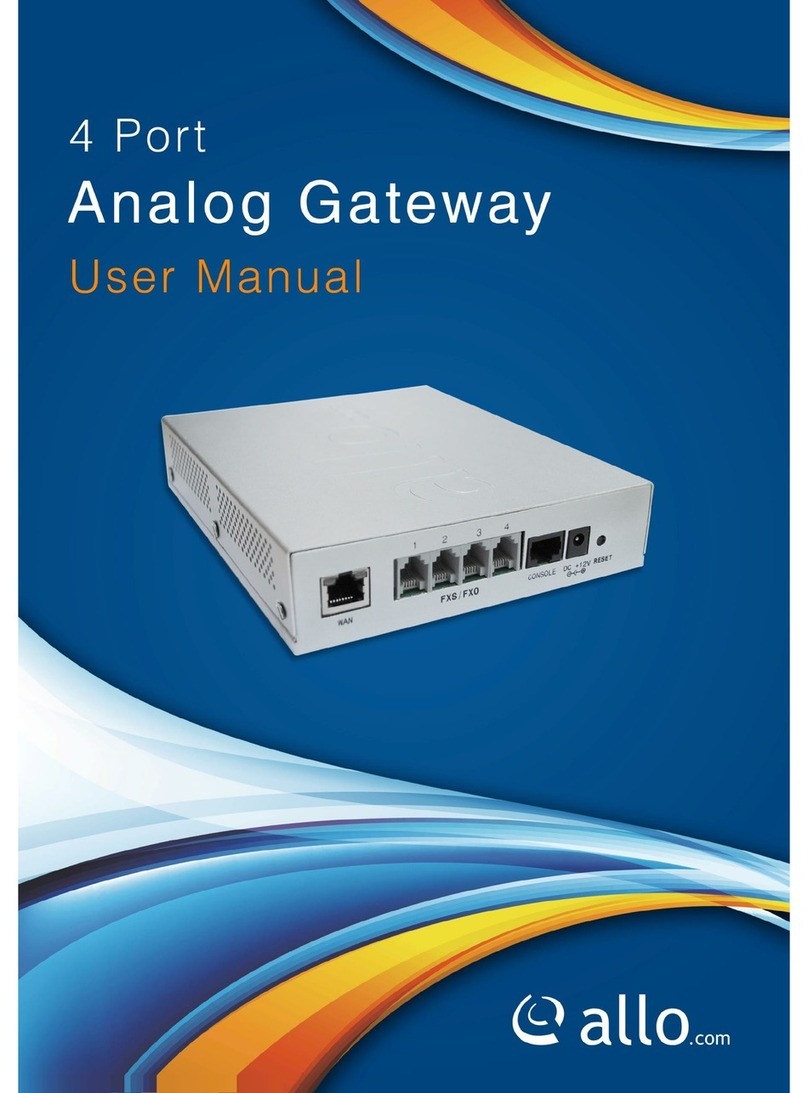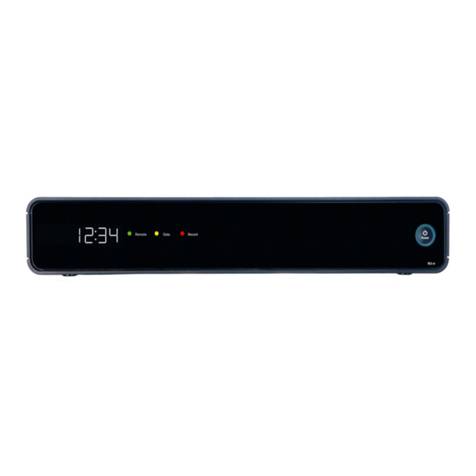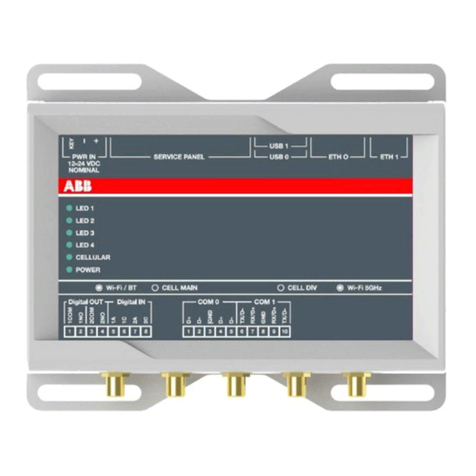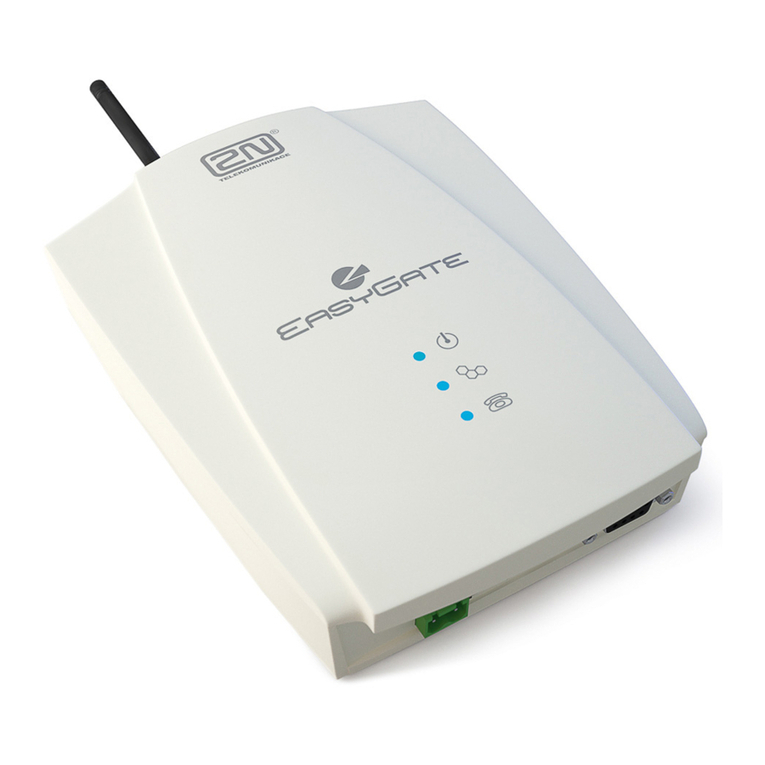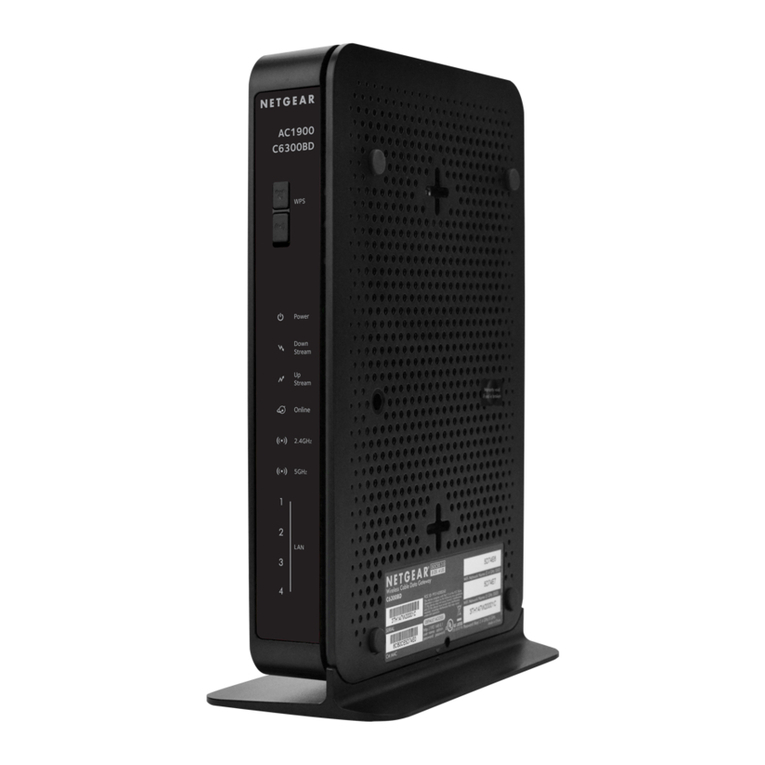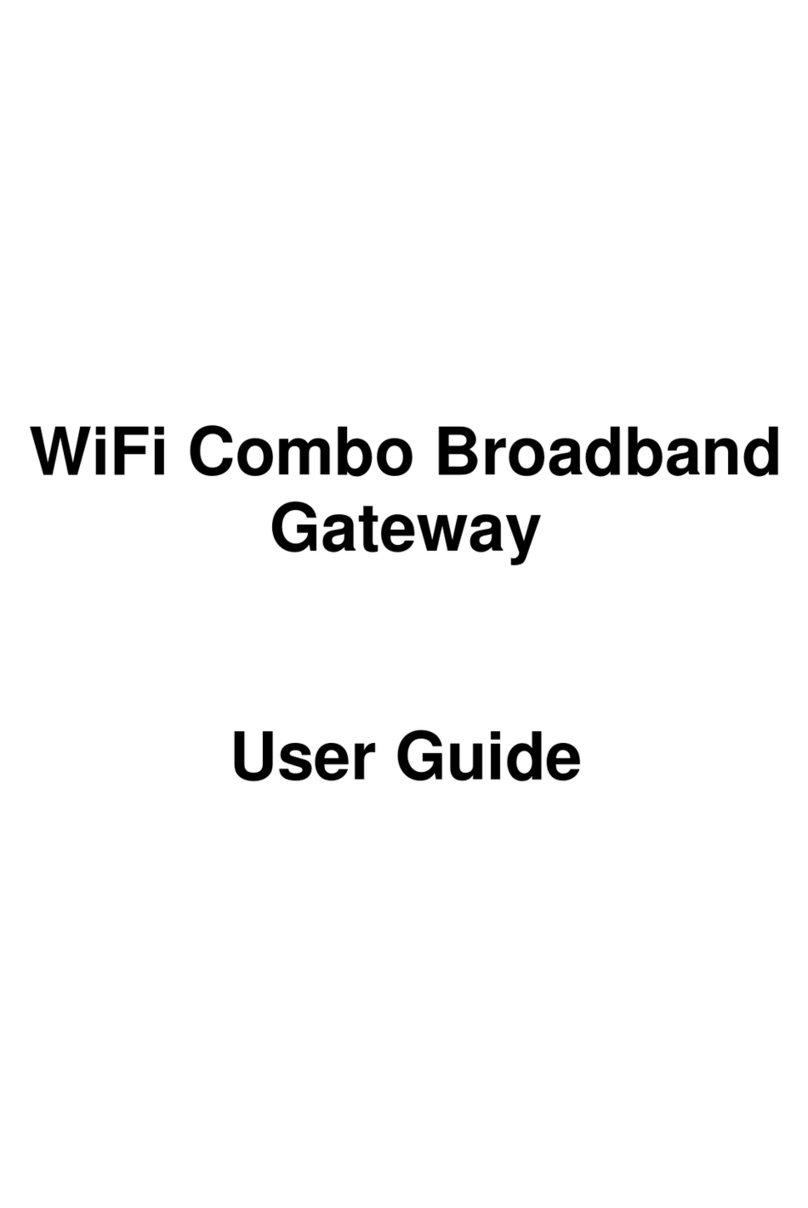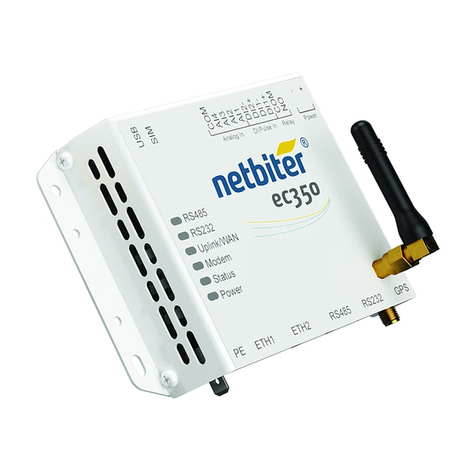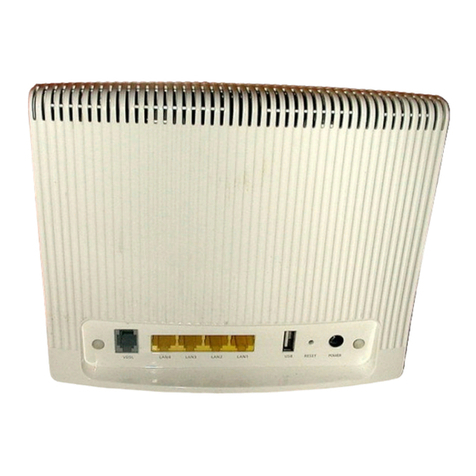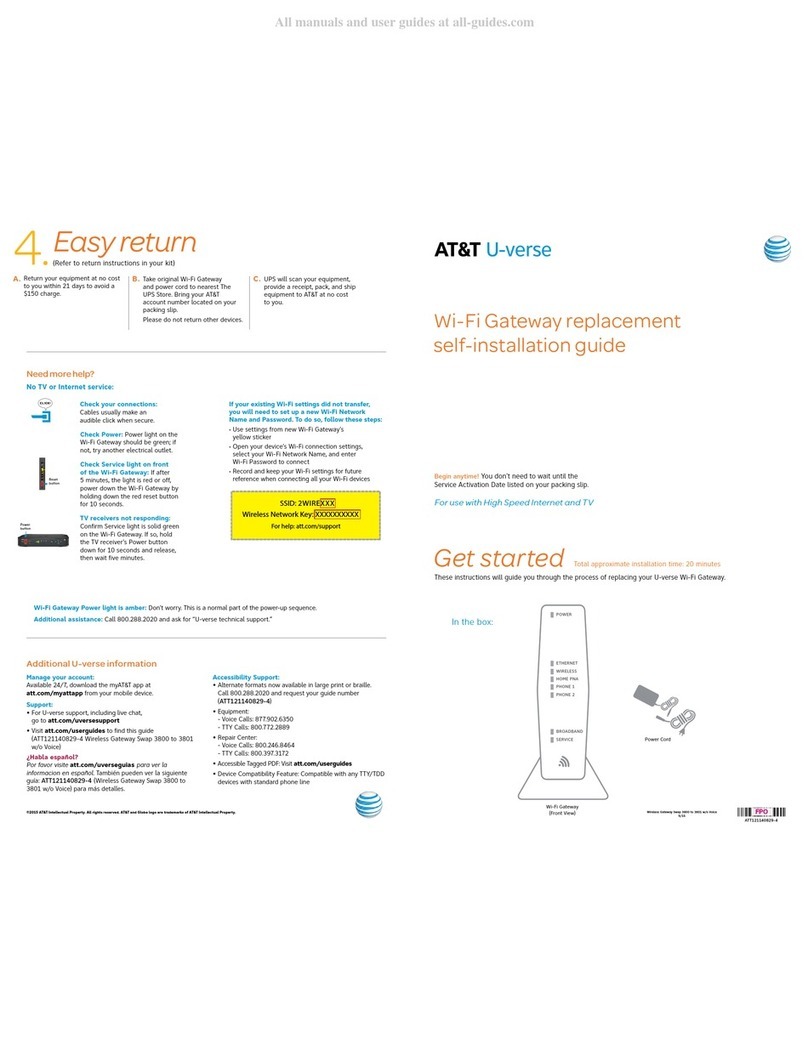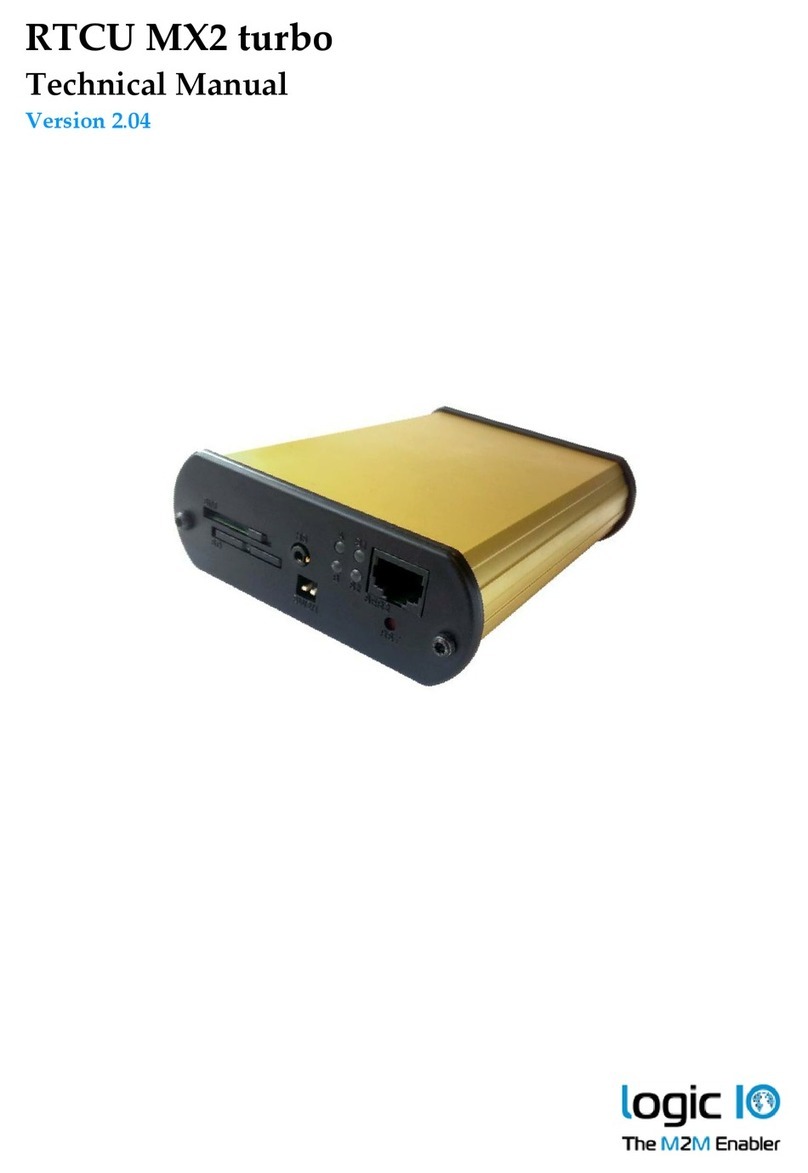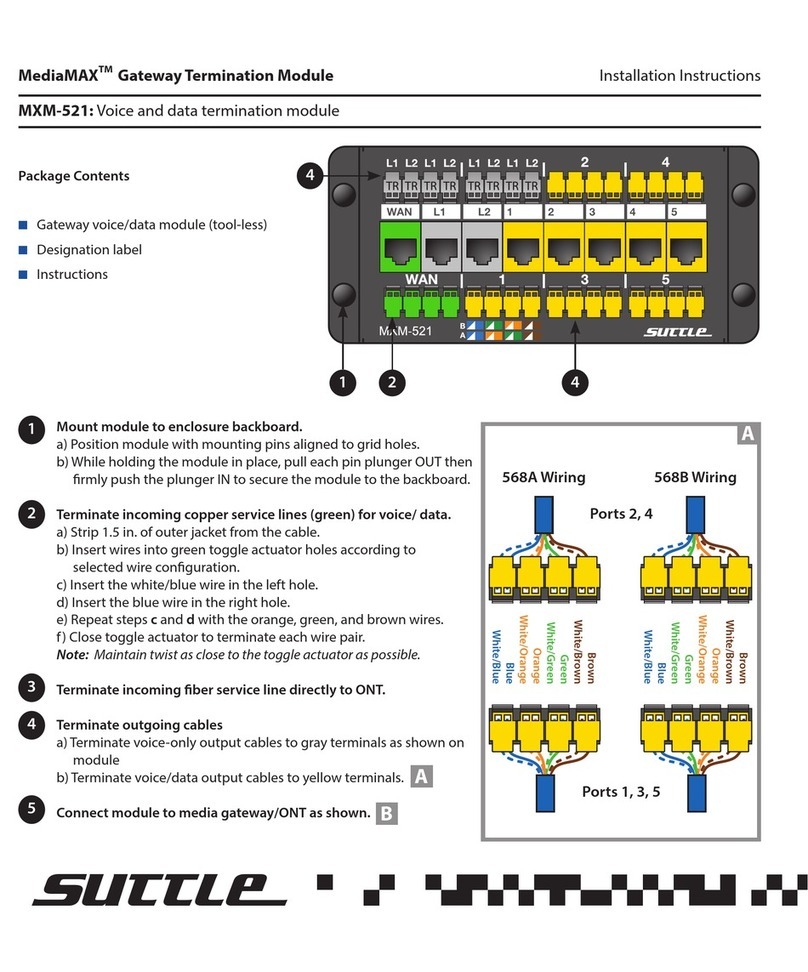PRI Gateway
User Manual V2.0 3
Contents
1. Product introduction................................................................................................................................. 5
1.1. Overview ............................................................................................................................................ 5
1.2. Equipment Structure.......................................................................................................................... 6
1.2.1. Rear View .................................................................................................................................... 6
1.2.2. Front View................................................................................................................................... 6
1.3. Function and Feature ......................................................................................................................... 7
1.3.1. Protocol Standard Supported ..................................................................................................... 7
1.3.2. System Function.......................................................................................................................... 8
1.3.3. General Hardware Specification ................................................................................................. 8
2. Getting started with PRI Gateway............................................................................................................. 9
2.1. Hardware Installation ........................................................................................................................ 9
2.2. Accessing the WEB GUI .................................................................................................................... 10
3. Setting Up Features.................................................................................................................................11
3.1 System Dash Board ........................................................................................................................... 11
3.3 SIP Trunks..........................................................................................................................................11
3.3.1 Add a SIP Trunk .......................................................................................................................... 11
3.3.2 Add SIP Trunk Group.................................................................................................................. 12
3.3.3 Manage SIP Trunk Group ...........................................................................................................13
3.4 ISDN PRI Trunks................................................................................................................................. 13
3.5 Calling Groups ................................................................................................................................... 14
3.6 Call Routing Rules..............................................................................................................................14
3.7 Time of Day Routing:......................................................................................................................... 15
3.7.1 Add a New Time Based Routing Rule:........................................................................................ 15
3.7.2 Add a New Time Route Group: ..................................................................................................16
3.7.3 Manage Time Route Groups: .....................................................................................................17
3.8 Network Settings:.............................................................................................................................. 17
3.9 Network Services: .............................................................................................................................19
3.10 Date/Time Configuration: ...............................................................................................................19
4. Advanced Settings................................................................................................................................... 20
4.1 ISDN PRI Settings:.............................................................................................................................. 20
5. Tools........................................................................................................................................................ 22
5.1 System Diagnostics ........................................................................................................................... 22
5.2 Backup/Recovery ..............................................................................................................................23

